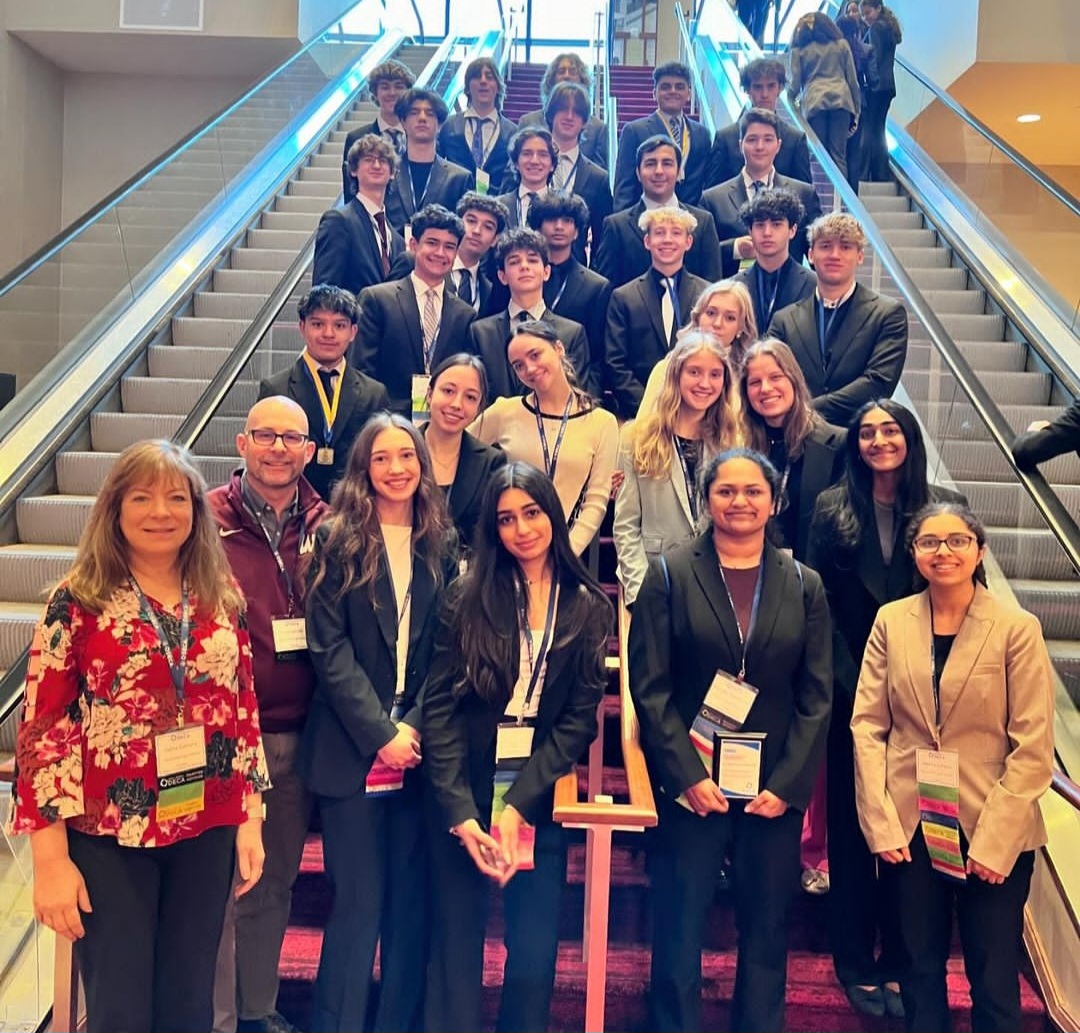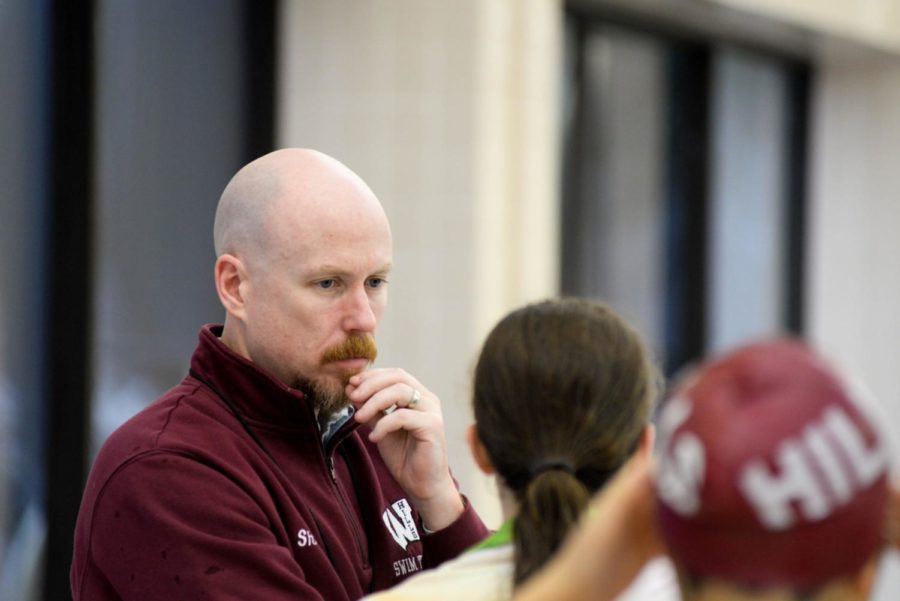Should Students Have One Homeworkless Night?
February 17, 2016
If you’re an athlete or a performer, you practice all of the time. If you’re a soccer player and you never show up to practice, you most likely will not play well during the game. So, what is the difference with homework? It is only practicing to be a student. Instead of calling it homework, we perhaps should start calling it practice, because that is what it is. “Homework” is practicing to be intellectual, practicing to ask questions, practicing thinking and comprehending.
“If homework is a source of stress for a first grader, by trying to make sure that first grader doesn’t feel bad about themselves, we are creating a twelfth grader that is not ready for college,” said history teacher Thomas Mohan at WHHS.
Parents and students complain on the amount of homework that is given to the students, while researches say that it is a fair amount. Survey data and anecdotal evidence show that some students spend hours nightly doing homework. Homework overload is the exception rather than the norm. However, according to research from the Brookings Institution and the Rand Corporation, their researchers analyzed data from a variety of sources and concluded that the majority of U.S. students spend less than an hour a day on homework, regardless of grade level, and this has held true for most of the past 50 years.
Homework could fall under two categories: preparation and practice. In elementary school students are being prepared for what is about to come in middle and high school, and students practice it to get better, and not to struggle when they get to high school or college.
According to a 2006 study by Harris Cooper, director of Duke University’s Program in Education, which analyzed and combined the results of dozens of homework studies. The studies found that students who had homework performed better on class tests compared to those who did not.
“What is happening is middle school has to compensate for what elementary school didn’t do, and high school has to compensate for what middle school didn’t do, and college has to compensate for what high school didn’t do, and it is very hard for the business world to compensate for what college did not do,” said Thomas Mohan history teacher at WHHS.

















Frank Fabiano • Feb 22, 2016 at 6:56 PM
I think one homeworkless night would benefit students in so many ways. I participate in various after school activities and rarely ever get home before 7 or 8 pm. I usually spend until 12:30am doing homework after all these activities when I would just like to get a full nights sleep. Waking up at 5:45 does not help much either. I think one night of no homework would allow students to relax for once.
Sebastian Carrero • Feb 19, 2016 at 8:23 PM
Although homework does get a bad rap, it most definitely benefits the student, I say this as an athlete who does spend hours after school practicing for sports. Compensation for untaught material is not a responsibility of any one else besides the individual. That is why the business world is brutal and people most often see the older generation thrive in business. It’s because they gain the experience, having worked for many years, which they use to essentially teach themselves for what they lack in. Most people grow up and make their own homework in order to get ahead and creating habits of doing so starts by doing homework in younger years.